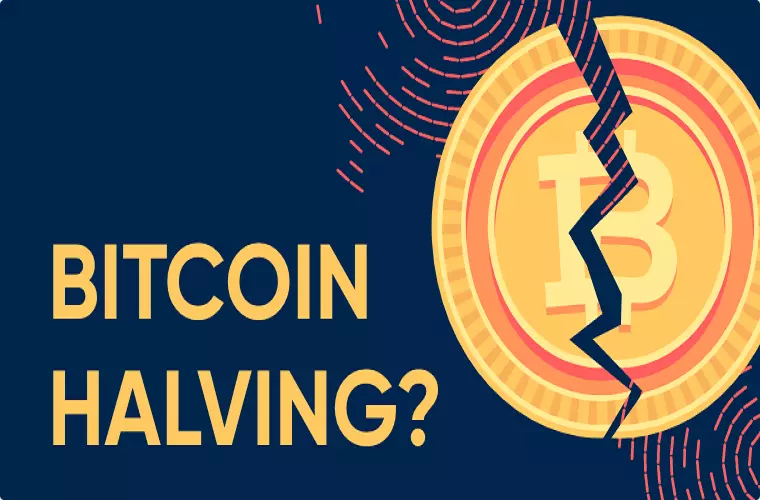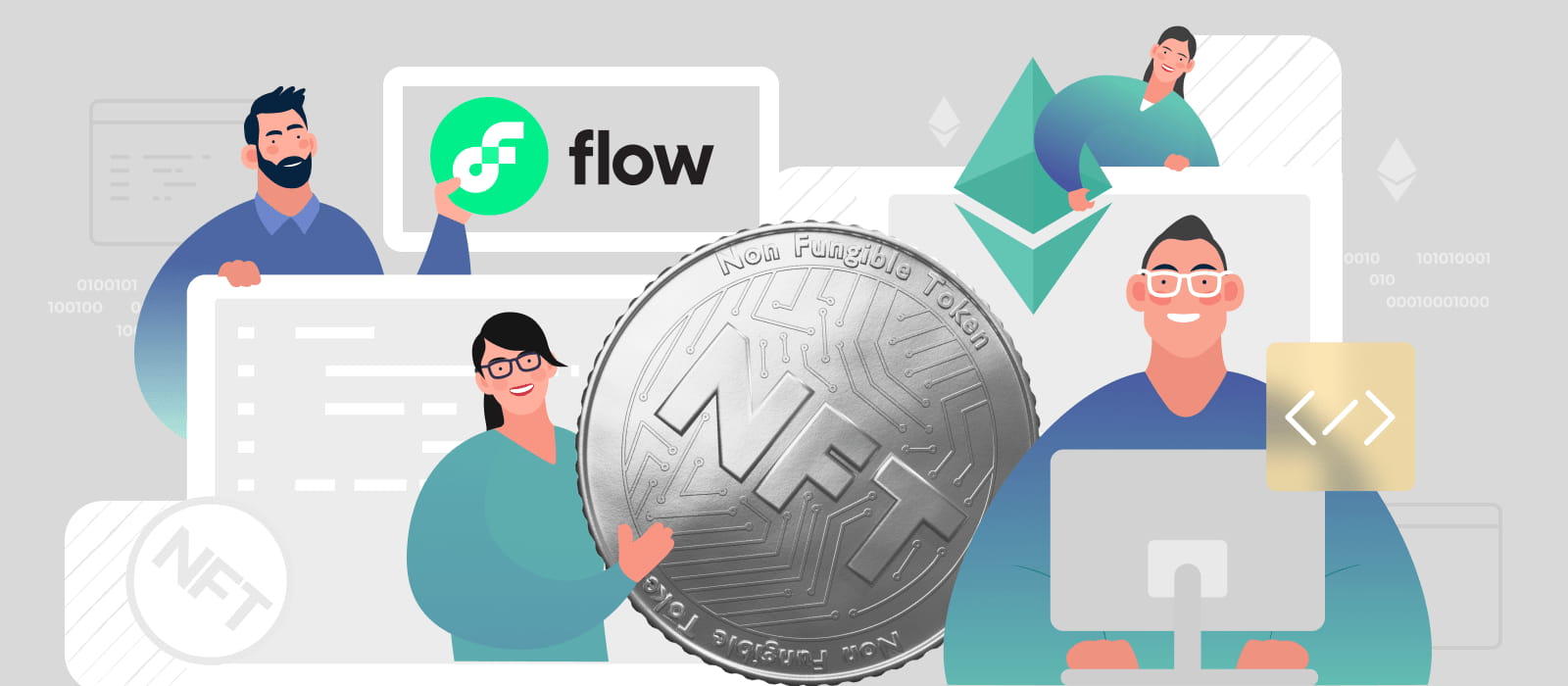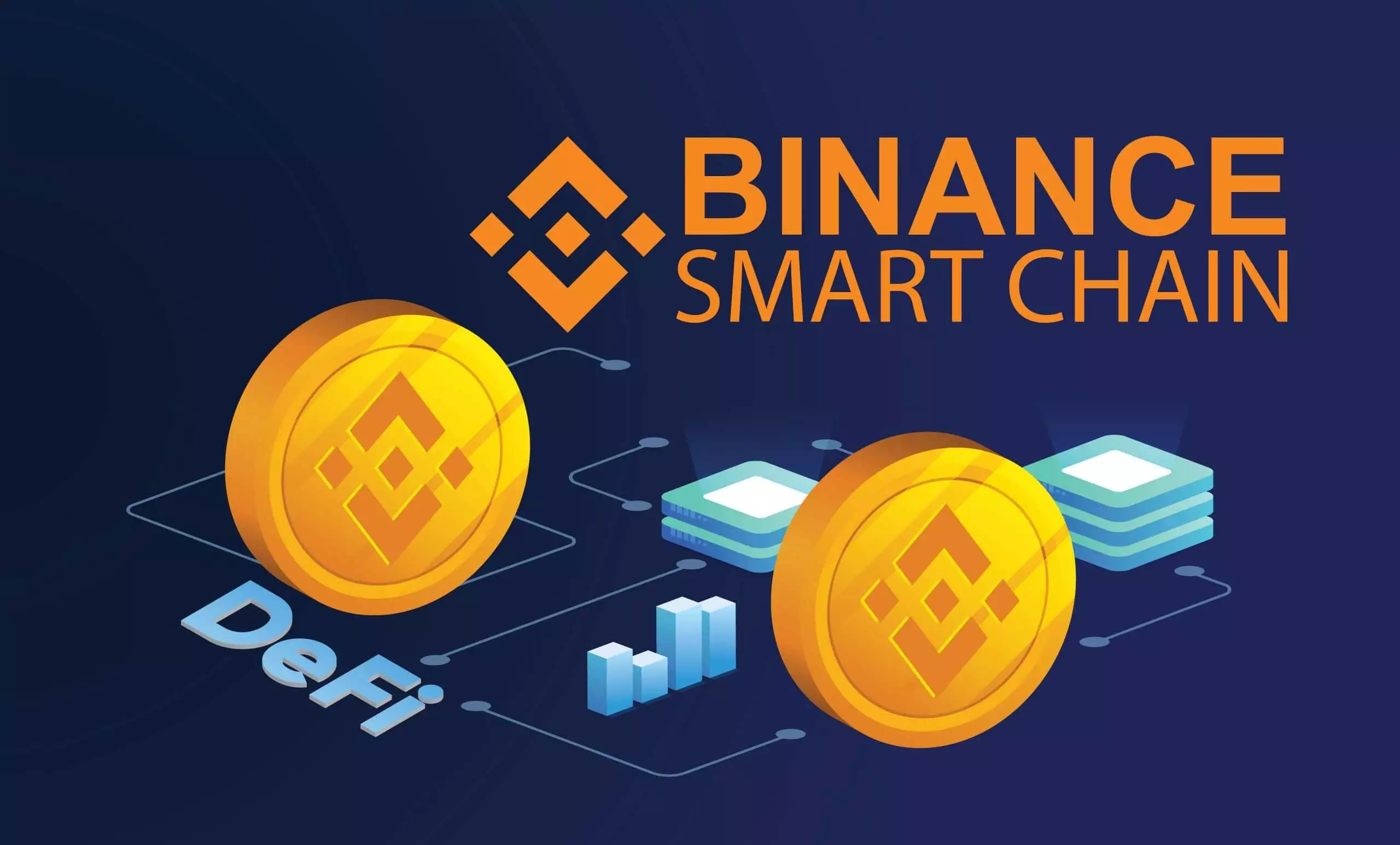Everything You Need to Know About Litecoin
Litecoin is a p2p digital currency and open-source software regulated under MIT/X11 license. It was created as a bitcoin spinoff by the founder Charlie Lee in 2011. Digital currencies tend to seem complex and obscure to those who do not know about the underlying technology. However, Litecoin was designed to fix this problem. Actually, Charlie Lee, the founder wanted to design the lite version of bitcoin and create a digital currency that can serve as the silver to bitcoin (BTC)’s gold.

In 2011, Lee launched Litecoin with many similarities to Bitcoin but with some twists. For example, BTC takes around 10 minutes to complete transactions, while LTC is far faster when it comes to transaction time. Like Bitcoin, Litecoin has a bright future. Investing in Litecoin can double your fortune.
What is Litecoin LTC used for?
Litecoin LTC is a type of digital money that employs a blockchain to keep a public ledger of all transactions. It is mainly used to transfer funds between businesses and individuals without any intermediary such as a payment processing service or a bank.
Is LTC better than BTC?
Although LTC is not as prevalent as BTC, its technology may make it a better choice for spending. When it comes to transaction time, Litecoin seems to be a clear winner as it offers four times faster speed for confirming transactions.
Is LTC a Good Investment?
Since nothing can be said for sure about cryptocurrencies, expecting any cryptocurrency to grow big is nothing but a risk that can either make you rich or a pauper in little to no time. The same goes for Litecoin. However, some crypto experts are very optimistic about the future of Litecoin. Investing in LTC for the long term can bring you some handsome returns.

As a writer, Ruben is an advocate of blockchain technology and cryptocurrency in general. He writes about all things from cryptography to economics, with a focus on how it applies to cryptocurrencies. He is also passionate about writing about topics such as decentralization, open-sourced software development, and copyright law.











